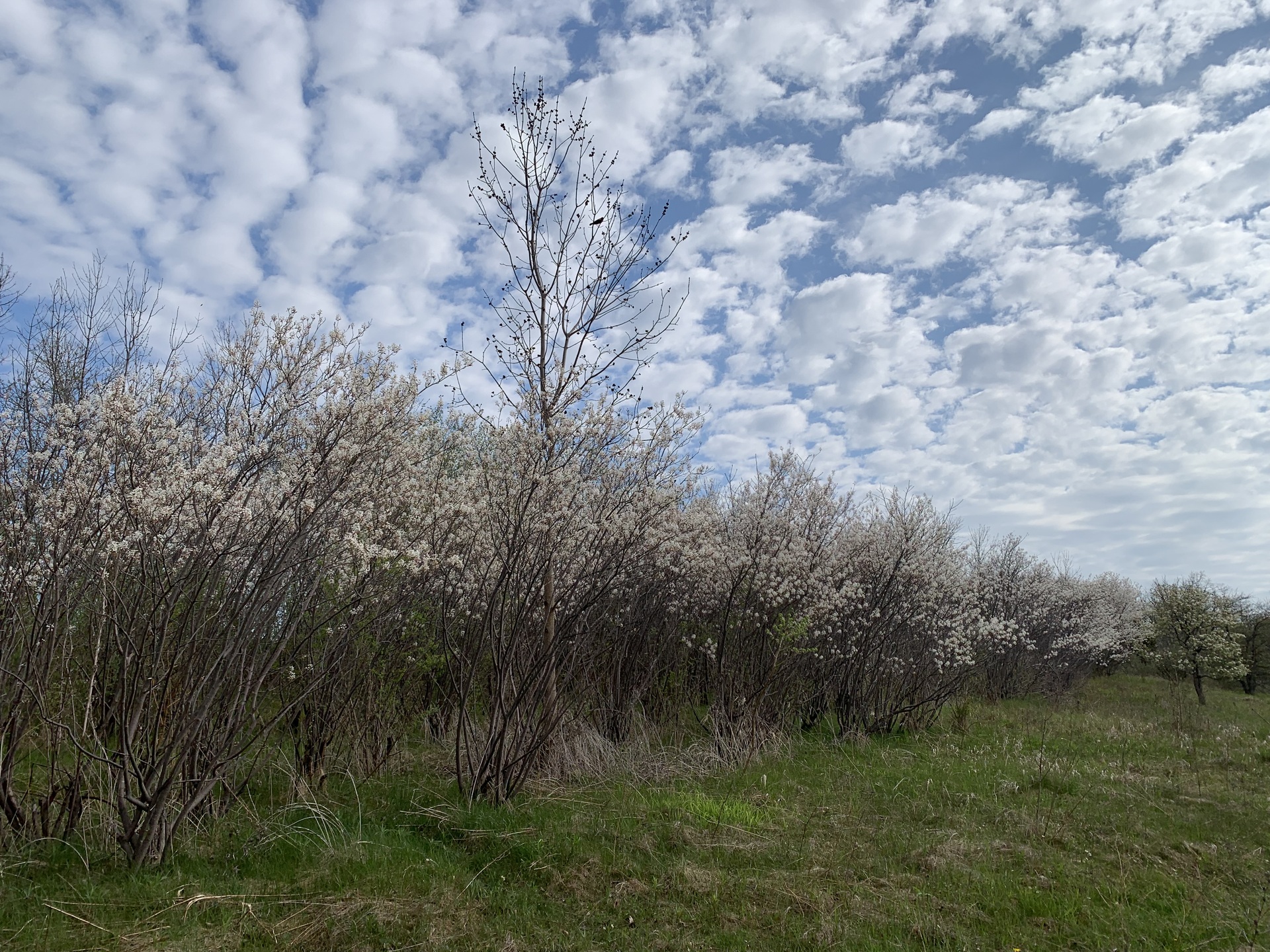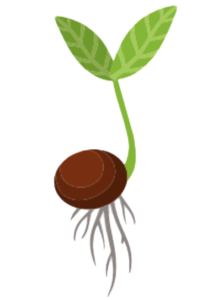Why this, why now?

Let Me Start At The Beginning
May 14th, 2024 was 20 years since I signed my permanent contract with a large publicly funded school board in the Greater Toronto Area of Ontario (GTA). As I look back, I recall what I had written in my doctoral thesis leading towards my 2021 Ph.D from the University of Toronto.
“Our arrival in Ontario on January 16th 2002 with two children, nine bags and no jobs began my connection with many complex interactions with institutional settings through necessary tasks such as applying for a Social Insurance Number, opening a bank account and enrolling my daughter in a Grade 2 class in the public school nearby. We also enrolled our son then 3 years old into daycare so that I could look for a job. I had not worked outside the home since resigning from my corporate Human Resources career in 1996 to raise my daughter and then my son” Karnad-Jani (2021)
Migration and Career Trajectories
My journey from being Rashmee Jani, dependent spouse to the primary Permanent Residence applicant to becoming Dr. Rashmee Karnad-Jani, public scholar, K-12 Special Education Consultant and all the other things I have become did not just happen overnight. My experiences with Ontario’s schooling were shaped by what I had heard in the immigration pipeline during our family’s consideration to leave our home of many decades and move to a place that promised what is known as “a better life”. We stayed with cousins for a few days, filled in applications for Social Insurance Number etc and then stayed with my friend from Bombay University who had emigrated in 1996. We then moved to our basement apartment in a suburb of Toronto. It was winter, January 2002.
The Early Days
Our first visits in the neighbourhood were to the bank as we needed to set that up first. Then, to the school to register our daughter who had come with a strong foundation in schooling from India and Singapore. We went dressed in formal clothing with all her educational documentation in a neat folder with both children beside us reminding them to be respectful of the space. This expectation, at the ages of 3 and 7, they managed rather well.
As we entered the sunny foyer of the school, I saw a banner dangling from the ceiling gently swaying and it read “Welcome” in many languages of which I could read Hindi and Gujrati. It was an easy process, this admission to school in Ontario. What was difficult was that which came after. Although I am extremely fluent in English both socially, academically and professionally, it is Ontario’s edu-speak that made me stop and think: I understood the words as said, what I did not understand due to my new-ness to this institutional language, was that were invisible implications for my children’s educational trajectories.
Learning Ontario’s Education Language
Although I came here fluent in English, both conversational and professional, I was unfamiliar what different terms and titles meant beyond the words I understood in everyday English.
Who was a child and youth worker and what did she do?
What was a social skill group for which a child has to miss learning in class to attend with peers?
Why was I told that it was perhaps my working the night shift that was the cause of many “problems?” Why did all the “deficits” fall away when the Gifted Testing results were available in Grade 3?
Why did I get a different reception in parent-teacher meetings after I entered the B.Ed programme as a teacher-candidate?
What was this new language I was learning in the Faculty of Education that allowed me to ask sophisticated questions?
I wrote about it in my thesis in 2020-2021.about what happened in May 2002 at my daughter’s school. How I was invited to set up the South Asian Heritage Month and slowly I realized that this is who I was here.
Thanks to the Vice-Principal at my daughter’s school, I was able to see the possibility of building from my B.Sc. Now, all those stepping stones seem just so easy. But when I take the time to remember how I found them, how I wobbled on each one until I learned to take strong strides ahead, I can see the long road I travelled.
With You, In Solidarity,
Dr. Rashmee Karnad-Jani
